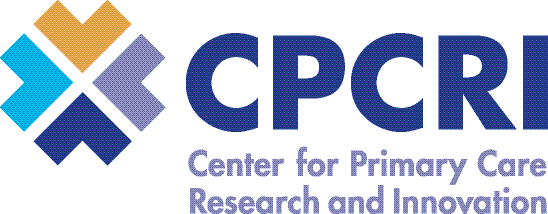Health Policy Research
Public agencies and private organizations implement various practices, programs, and requirements to improve healthcare and address challenges health systems, providers, and patients may face. Health policy research aims to understand the impact of health policies on healthcare and health and how different factors influence health-related policies and their implementation.
One of the recent most comprehensive US healthcare reforms was the Patient Protection and Affordable Care Act (ACA). The ACA aimed to provide health insurance coverage to all US citizens and legal residents by expanding the Medicaid program to cover all adults with incomes below 138% of the federal poverty level and offering the ability to purchase individual health insurance though federal or state marketplaces. Some states implemented ACA Medicaid expansion while other states did not implement it, thus creating a natural experiment to study the impact of this policy on multiple aspects of healthcare.
Our Research
Our research is important for future health policy and healthcare practice and provides evidence to improve the US healthcare system and mitigate disparities in prevention and treatment of prevalent health conditions among underserved populations.
Specifically, we evaluate the impact of the ACA Medicaid expansion on care provided by community health centers (CHCs), which serve patients regardless of their ability to pay for services. Our studies assess the short- and long-term effects of the ACA on healthcare services provided by CHCs for several prevalent health conditions such as diabetes, cancer, and hypertension. We compare health outcomes in expansion and non-expansion states before and after the ACA Medicaid expansion began in 2014.
Our Projects
Access publications associated with these projects here
Studies in Progress
Assess insurance Coverage Expansion on Diabetes complications (ACE-D)
Funding: Centers for Disease Control and Prevention/ National Institute of Diabetes and Digestive and Kidney Diseases
Built on the findings from PREVENT-D, this study aims to understand the long-term impact of the ACA Medicaid expansions on acute and chronic diabetes-related complications and mortality. It will also examine the interplay between social determinants of health (SDH) and health insurance coverage. The study is part of Natural EXperiments for Translation in Diabetes (NEXT-D3) network, a collaboration of eight research team from major US institutions for evaluating the impact of health policies on diabetes care and prevention.
Evaluating Control of Hypertension - Effect of Social Determinants (ECHOES)
PI: Jennifer E DeVoe, MD, DPhil
Funding: National Heart Lung-Blood Institute
This study evaluates the impact of increased access to health insurance following ACA Medicaid expansion on hypertension incidence, screening, treatment, and management.
Completed Studies
Post Affordable Care Act: Evaluation of Community Health Centers (PACE)
PI: Jennifer E DeVoe, MD, DPhil
Funding: Agency for Healthcare Research and Quality
This study assessed the impact of ACA Medicaid expansions on access to and utilization of community health center services. The project was one of the first to examine changes in access to healthcare services and to Medicaid expenditures following ACA among a large population of safety-net clinic patients.
Assessing Community Cancer care after insurance ExpanSionS (ACCESS)
PI: Jennifer E DeVoe, MD, DPhil
Funding: National Cancer Institute
This study assessed cancer screening, prevention, and survivor care among underserved populations immediately after the ACA Medicaid expansions, and followed these patients for several years after this landmark health policy natural experiment.
Post ACA Reform: Evaluation of community health center care of diabetes (PREVENT-D)
Funding: Centers for Disease Control and Prevention/ National Institute of Diabetes and Digestive and Kidney Diseases
This study measured the impact of the ACA Medicaid expansion on diabetes prevention, treatment, expenditures, and health outcomes. The study was part of the Natural EXperiments for Translation in Diabetes (NEXT-D2) network, a collaboration of research teams from eight major US institutions to provide rigorous evaluations of natural experiments that guide the evolution of policies and programs to improve diabetes care and prevention.
